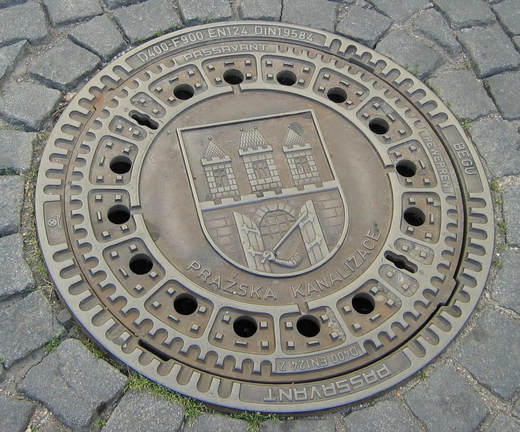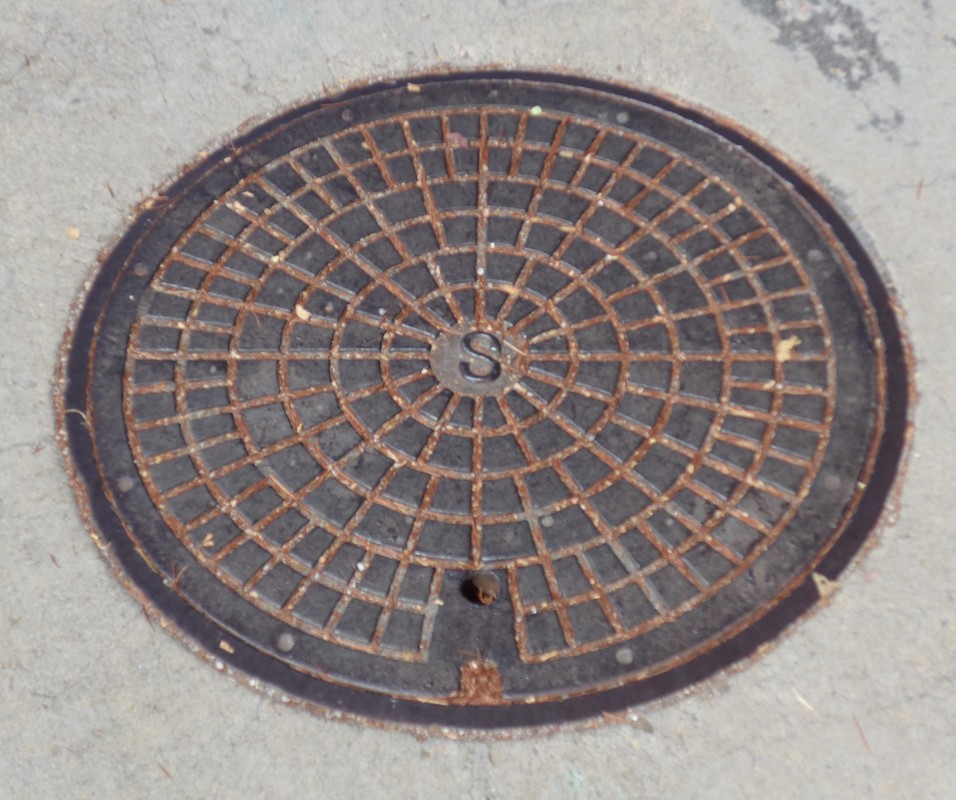|
I have a pretty common first name, which has two common spellings: Ann and Anne. According to the site Nameberry, the two spellings trade popularity, with Ann more common in the past and Anne edging it out more recently. By the year 2000, Anne was more popular than Ann by almost 200 spots on the most common names list. Still, they were both in the top 500 US baby names. Because both spellings are so ubiquitous, people often use the wrong spelling for my name. I once wrote an essay about my name, "They Call Me Lucky," in which I made fun of the Anne spelling, describing it as a "superfluous affectation, like “Ye Olde” in a shop name." Similarly, the most famous fictional Anne, Anne of Green Gables, says, "A-n-n looks dreadful, but A-n-n-e looks so much more distinguished." The truth is, its not that big of a difference. When I was younger, it used to bother me when people misspelled my name, especially the childhood Christmas that a relative's handwriting of "Anne" was mistake for "Arne," my brother's name, and he got to open my gift. (One year the reverse happened and I opened a package of boys' underwear.) However, now I know it's an easy mistake, and I expect it. When I was planning my website, I purchased both annhilllesland.com and annehillesland.com, knowing that that half of the people looking me up would spell my name Anne. Still, I do find the number of people who misspell my name curious. The other day I received an email which started "Dear Ann" but referred to me as "Anne" in the body. In many cases, the misspelling occurs in a reply to a Facebook post or email of mine, where the correct spelling was right in front of the writer. So what gives? After thinking it over, I've decided that people misspell my name because they think they already know how to spell it. Very few people misspell my last name, which is much more complicated. When I teach creative writing, I tell my students that good writers are observant. I often give them the homework assignment to keep a journal of things they've noticed that sparked their interest. Of course, as soon as I assign them the task, I go off and try it myself, and instantly realize how unobservant I am. I'm always amazed at the things I notice, even in familiar locations. A spider has built a web in the corner. The nightlight in the bathroom is shaped like a miniature blender: OK, maybe I'm the only one who thinks that. I don't usually notice these things because I think I already know what my familiar surroundings look like. It's easy to go on vacation to a foreign country and be amazed at the decorative manhole covers. But have I ever looked at the manhole covers in my own neighborhood? Prague's cover is spectacular, of course, but even my local one is surprisingly beautiful, and nothing like the mental image I would have supplied, thinking I already knew what it looked like. I have a boundless ability to overlook things that are right in front of me. I need to keep learning that fact, and keep fighting against that tendancy. Because in the end, I'm as likely as anyone to mistakenly think I already know how to spell a name, or describe the world.
2 Comments
Melanie
8/8/2017 01:42:34 pm
Loved it! At least you only have two possible misspellings of your name. I get many including Melony, Melany, Melonie, and so on. It's better now that there are more girls named Melanie but when I was younger hardly anyone knew how to spell it.
Reply
Ann
8/8/2017 02:43:03 pm
You're right! I can at least anticipate the most common alternate spelling easily.
Reply
Your comment will be posted after it is approved.
Leave a Reply. |
Author
Ann Hillesland writes fiction and essays. Her work has appeared in many literary journals, including Fourth Genre, Bayou, The Laurel Review, and Sou’wester. Categories
All
Archives
February 2024
© Ann Hillesland 2015-2017. Unauthorized use and/or duplication of this material without express and written permission from this site’s author is strictly prohibited. Excerpts and links may be used, provided that full and clear credit is given to Ann Hillesland with specific direction to the original content.
|



 RSS Feed
RSS Feed